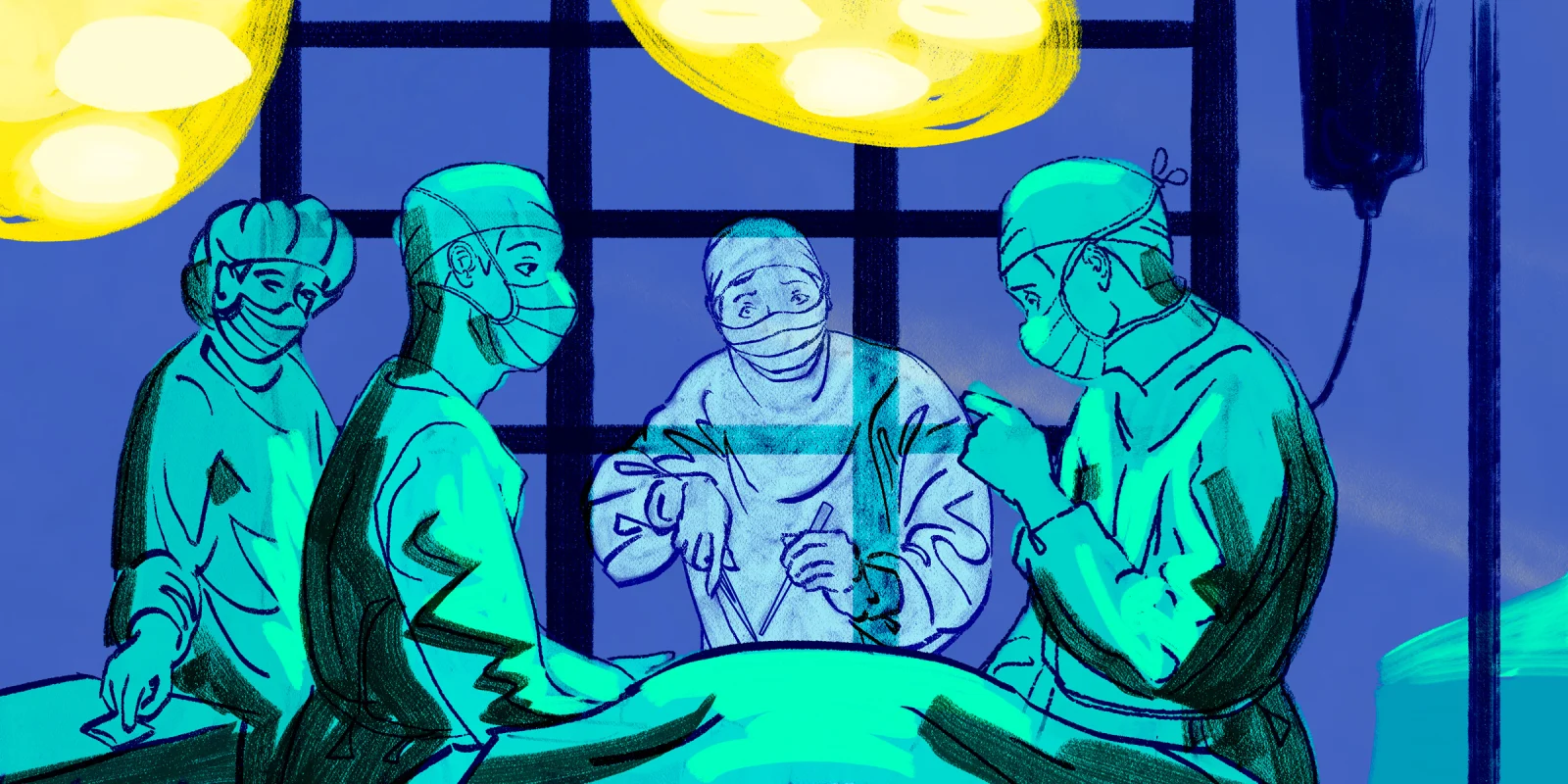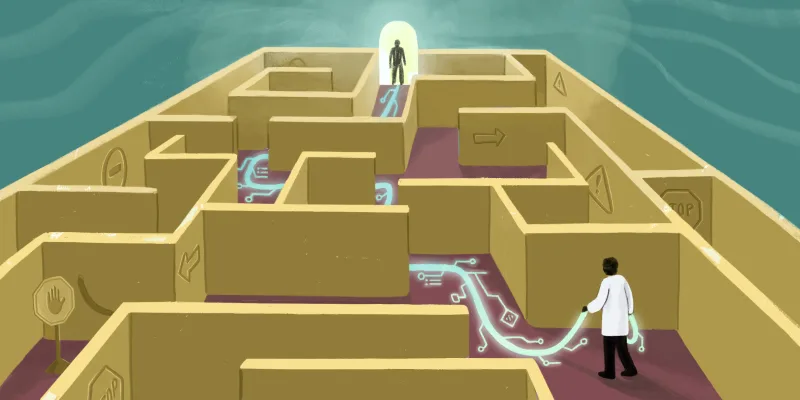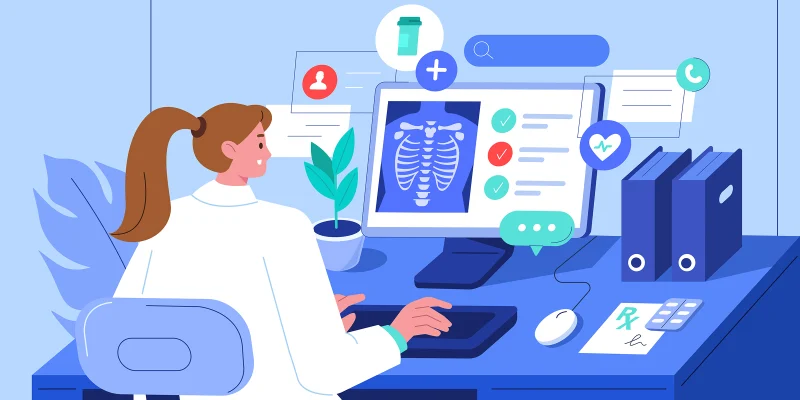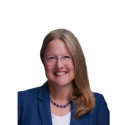Among the diverse experiences and lessons shared at the 2022 Women in Medicine (WIM) Summit, there was one consistent theme: women physicians perform an uneven amount of unpaid work in health care, in their personal lives, and at home. This work takes different forms, and the collective burden is often insidious in nature: from family responsibilities and receiving more patient messages, to serving on committees and advocating against harassment. That is why spaces like the WIM Summit are so essential. When we come together, we share powerful stories, build community, and develop strategies needed to navigate these complex challenges.
Burnout in Health Care
“How are you, really?” When that question was posed by Dr. Jessi Gold, a psychiatrist and assistant professor at Washington University in St. Louis, the room was silent. These past few years, we have become more aware of burnout, depression, anxiety, and PTSD impacting medical professionals. COVID-19 did not create these chronic problems in health care; it exacerbated them and brought them to the surface.
Burnout is highest among women, Black and Latinx individuals, inpatient workers, and ancillary staff. Women trainees specifically are more likely to experience a constellation of emotional exhaustion, depersonalization, and a reduced sense of personal accomplishment. Mental health trends in medicine do not exist in a vacuum. Our mental health is compounded by many external factors: our experiences, the media, legislation, and much more. Yet, despite the higher incidence of depression (27.2% of medical students and 28.8% of resident doctors, compared to 7% in the general population), medical professionals do not get the help they need or deserve. Many unique challenges exist: fear, cost, busy schedule, inability to get time off work, or protected childcare.
Although we cannot immediately fix the system or the numerous barriers to treatment, we can equip ourselves to recognize the warning signs in ourselves or a colleague in need. Dr. Gold admits to not having all of the answers — who does? What is important is checking in on yourself. You only need a moment to ask yourself, “How are you, really?” Discussing emotions decreases isolation and builds community, which are protective factors against mental health challenges.
Whisper Networks
Another often unspoken obstacle women in medicine are tasked with navigating is their “whisper network.” This “network” is essentially an aggregate of informal conversations where information is passed in a metaphorical “whisper” because of the power dynamics involved. This concept came to the forefront during the 2017 #MeToo movement. We know that women who speak up about any kind of workplace harassment often have their concerns dismissed, denounced as “gossips,” and are paradoxically also made into the subjects of gossip. Workplaces like these make it harder for women physicians to make strides and grow professionally. Women physicians deserve respectful, inclusive, and collaborative work environments. Dr. Pamela Kunz, a physician at Yale and a trailblazer in the field of oncology, spoke about the long-standing connection between gender, gossip, and misogyny. Like burnout in health care, we may continually find ourselves having to navigate a whisper network. However, a major takeaway for women trainees at any level is the importance of safeguarding your reputation, defining who you are, and advocating for yourself.
What Next?
While recognizing and speaking up on the various issues that disproportionately affect women (and burnout and whisper networks are just two of many) in medicine is an essential first step, we need to begin to take action and tackle the larger issue at hand. As Drs. David Smith and Brad Johnson suggested: a key component to achieving gender equity is to get men to the table. In order for women to be uplifted, men must be a part of these conversations, collaborating and holding themselves accountable when necessary. With this in mind we pose a call to action. Men, we ask that you deepen your allyship by reflecting on your biases, learning about the burden on women in medicine, and speaking up about these issues. Women, we urge you to continue speaking your truth and invite your male colleagues to next year’s WIM Summit to build a stronger community and collaboration.
Jessica, Anne, Kristal, and Toni are second year medical students in the Urban Medicine Program at the University of Illinois at Chicago (UIC) College of Medicine. They are all passionate about advocacy and gender equity issues in medicine.
Illustration by Jennifer Bogartz






